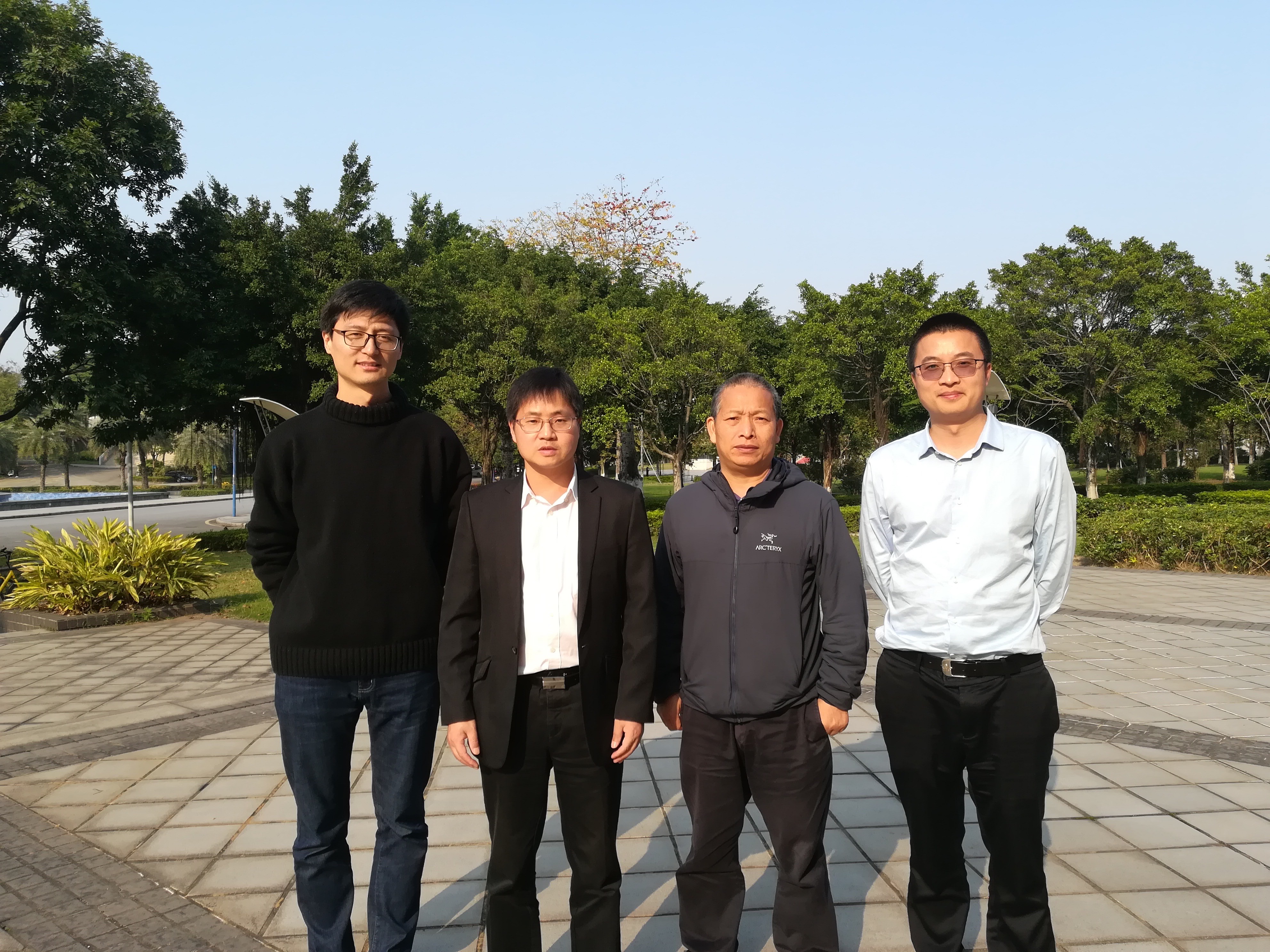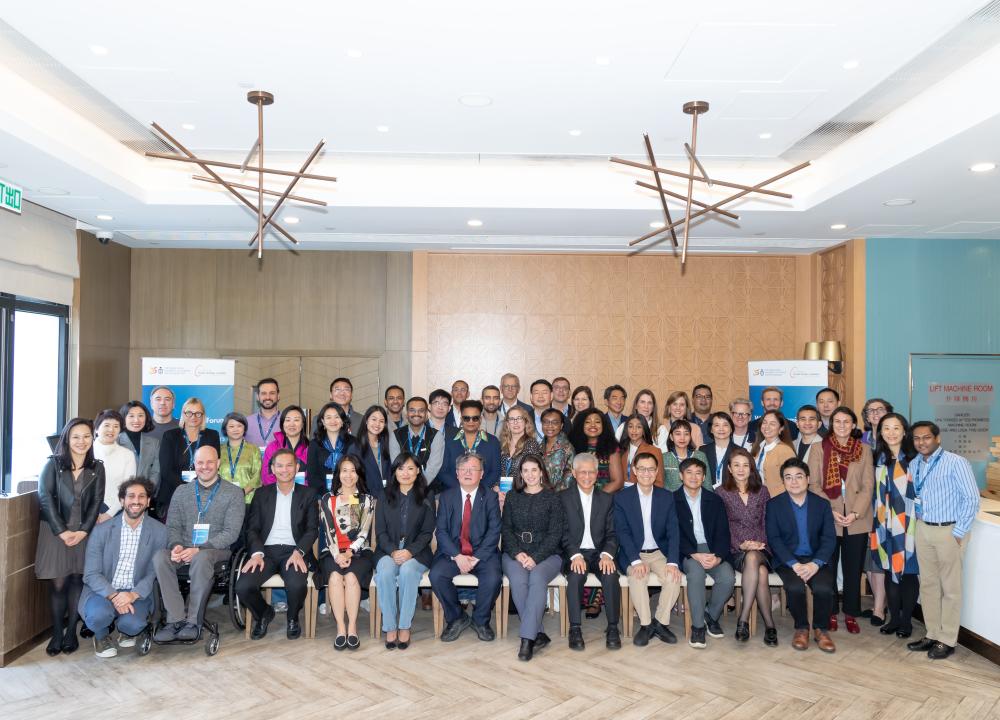HKUST Physicist Contributes to New Record of Quantum Memory Efficiency Bringing Quantum Computers Closer to Reality
A joint research team of The Hong Kong University of Science and Technology (HKUST) and The South China Normal University (SCNU) has set a new record of photonic quantum memory efficiency, pushing quantum computation a step closer to reality.
Like memories in computers, quantum memories are essential components for quantum computers – a new generation of data processors that obey quantum mechanics laws and can overcome the limitations of classical computers. They may push boundaries of fundamental science and help create new drugs, explain cosmological mysteries, or enhance accuracy of forecasts and optimization plans with their potent computational power. Quantum computers are expected to be much faster and more powerful than their traditional counterparts as information is calculated in qubits – which unlike the older units (bits) used in classical computers, can represent both 0 and 1 at the same time.
Photonic quantum memories allow for the storage and retrieval of flying single-photon quantum states. However, production of such highly-efficient quantum memories remains a major challenge as it requires perfectly matched photon-matter quantum interface. Meanwhile, the energy of a single photon is too weak and can be easily lost into the noisy sea of stray light background. For a long time, these problems suppressed quantum memory efficiencies to below 50% – a threshold value crucial for practical applications.
Now for the first time in history, a joint research team led by Prof. DU Shengwang from the Department of Physics and William Mong Institute of Nano Science and Technology at HKUST; Prof. ZHANG Shanchao from SCNU who graduated his PhD study at HKUST; Prof. YAN Hui from SCNU and a former postdoctoral fellow at HKUST; as well as Prof. ZHU Shi-Liang from SCNU and Nanjing University, has found a way to boost the efficiency of photonic quantum memories to over 85% with a fidelity of over 99%.
The team created such a quantum memory by trapping billions of rubidium atoms into a hair-like tiny space – those atoms are cooled down to nearly absolute zero temperature (about 0.00001 K) using lasers and magnetic field. The team also found a smart way to distinguish the single photon from the noisy background light sea. The finding brought the dream of an ‘universal’ quantum computer a step closer to reality. Such quantum memories can also be used as repeaters in a quantum network, laying the foundation for a new generation of quantum-based internet.
“In this work, we code a flying qubit onto the polarization of a single photon and store it into the laser-cooled atoms,” said Prof Du. “Although the quantum memory demonstrated in this work is only for one qubit operation, it opens the possibility for emerging quantum technology and engineering in the future.”
The finding was recently published as a cover story of the authoritative journal Nature Photonics - the latest of a series of research from Prof Du’s laboratory on quantum memory, first begun in 2011.
About The Hong Kong University of Science and Technology
The Hong Kong University of Science and Technology (HKUST) (www.ust.hk) is a world-class research university that focuses on science, technology and business as well as humanities and social science. HKUST offers an international campus, and a holistic and interdisciplinary pedagogy to nurture well-rounded graduates with global vision, a strong entrepreneurial spirit and innovative thinking. HKUST attained the highest proportion of internationally excellent research work in the Research Assessment Exercise 2014 of Hong Kong’s University Grants Committee, and is ranked as the world’s best young university in Times Higher Education’s Young University Rankings 2018. Its graduates were ranked 16th worldwide and top in Greater China in Global University Employability Survey 2018.
For media enquiries, please contact:
Anita LAM
Tel: 2358 6313
Email: anitalam@ust.hk
Johnny TAM
Tel: 2358 8556
Email: johnnytam@ust.hk












